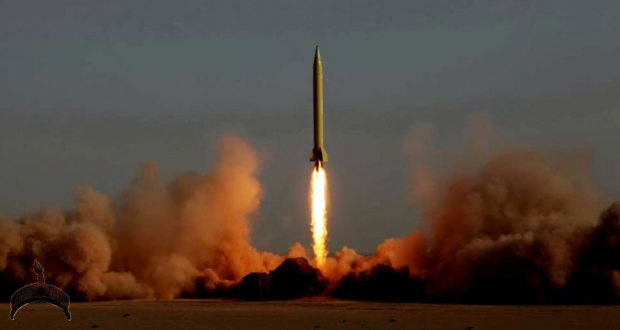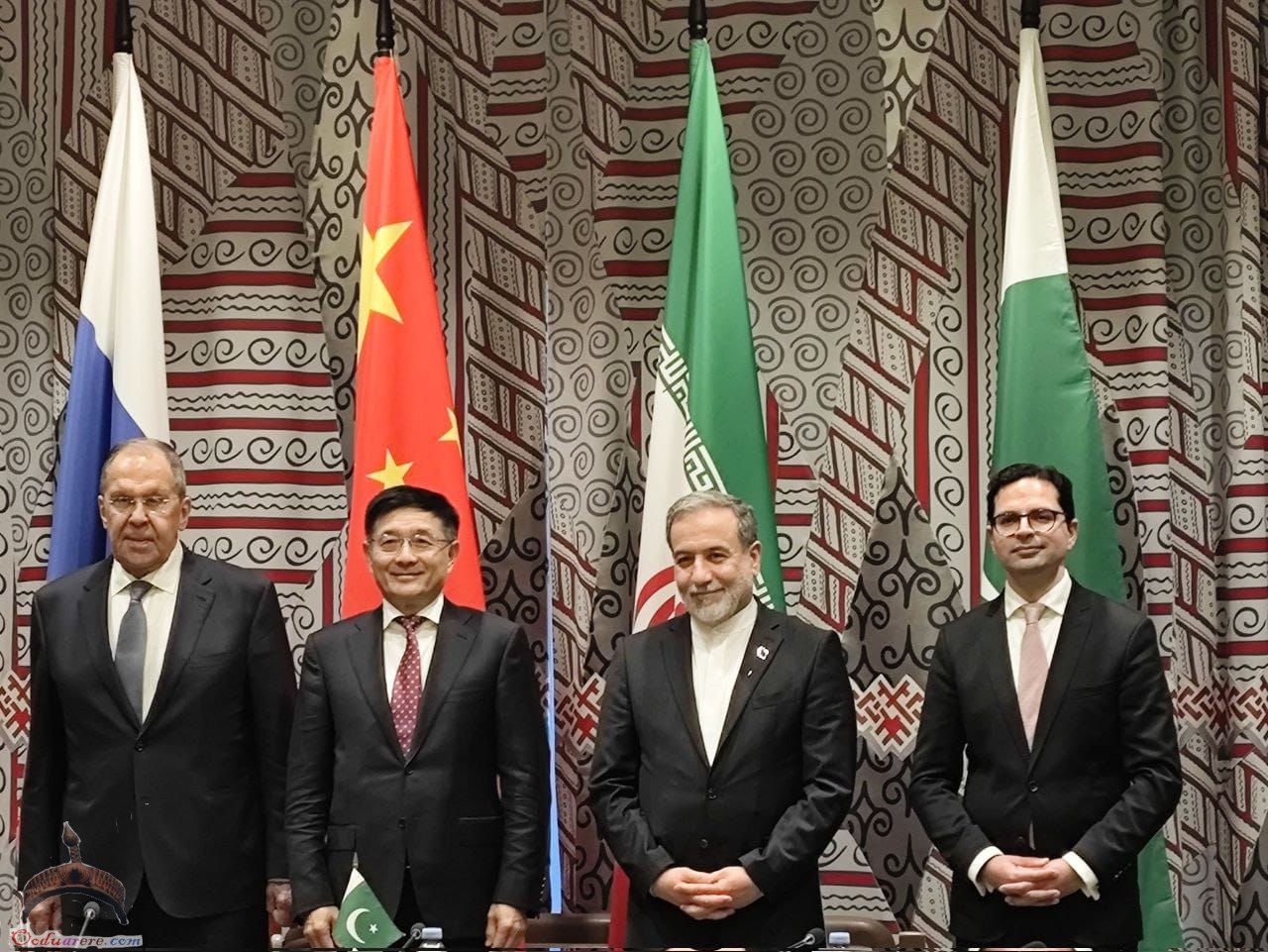The Iranian Defense Minister has confirmed that Tehran had conducted a ballistic missile test.
The Ghadr ballistic missile, a modified version of Shahab 3, being launched during an Iranian military drill on June 28, 2011 (Photo: AFP)
On Wednesday, Iranian Defense Minister Hossein Dehghan confirmed that his country had conducted a ballistic missile test, the Tasnim news agency reported.
According to Dehghan, the test was conducted on January 28, in the framework of strengthening of the state’s defense power, and does not contradict the nuclear agreement and the resolution 2231 of the UN Security Council, according to which Iran is prohibited to be engaged in any activities related to ballistic missiles, capable to carry a nuclear warhead.
Dehgans said that the test is not relevant to nuclear weapons, as this type of weapons is not specified in the military doctrine of the state. The minister also stressed that Iran will not allow anyone to interfere in its defense activities.
“The recent test was in line with our plans and we will not allow foreigners to interfere in our defense affairs,” the news agency quoted his words. “The test did not violate the nuclear deal or the [UN] resolution 2231.”
The Iran’s Defense Minister made his statement on February 1, when the country celebrates the Day of Space Technology.
Earlier, on Monday, the Fox TV-channel reported, citing a representative of the Pentagon, that Iran conducted a test launch of a medium-range missile. Reportedly, the test took place at a site, located 225 kilometers to the east of Tehran. The missile flew about 630 miles (1,010 km). According to US experts, the missile could carry a warhead weighing 500 kg. As the representative of the US Defense Department noted, “this is the second time that Iran is violating the will of the international community.”
Iran’s Foreign Minister Mohammad Javad Zarif neither confirmed nor denied the report, but noted on Tuesday that Tehran would never use its ballistic missiles to attack another country.
Earlier, in his election campaign, current US President Donald Trump said that he would stop Iran’s missile program. In addition, the Iran’s ballistic missile tests comes at a precarious time, when Trump is looking for an occasion to break the deal with Iran that could potentially lead to reconstitution of the sanctions against Iran and halt of Iranian oil exports to global markets, taking away as much as 1 million barrels of daily supply.
 Ọmọ Oòduà Naija Gist | News From Nigeria | Entertainment gist Nigeria|Networking|News.. Visit for Nigeria breaking news , Nigerian Movies , Naija music , Jobs In Nigeria , Naija News , Nollywood, Gist and more
Ọmọ Oòduà Naija Gist | News From Nigeria | Entertainment gist Nigeria|Networking|News.. Visit for Nigeria breaking news , Nigerian Movies , Naija music , Jobs In Nigeria , Naija News , Nollywood, Gist and more









